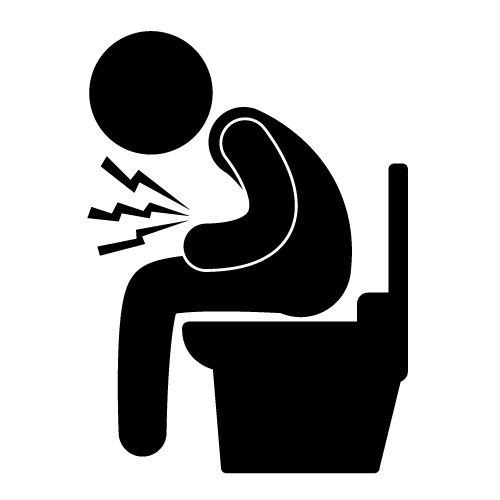Treating diarrhea in Crohn’s disease

Diarrhea is a common symptom of Crohn’s disease. There are several anti-diarrheal medications that a person with Crohn’s can use to treat acute bouts of diarrhea.
Crohn’s disease causes long-term inflammation of the digestive tract and typically affects the end of the small intestine or the beginning of the colon.
Common symptoms of Crohn’s include:
» Diarrhea «
» Stomach pain «
» Rectal bleeding «
» Unintended weight loss «
» Fatigue «
» Fever «
People with Crohn’s disease can find diarrhea a particularly troubling symptom. It can come on unexpectedly and interfere with daily activities significantly. If left untreated, diarrhea can also lead to serious health complications, such as severe dehydration.In this article, we look at different anti-diarrheal drug treatments for people with Crohn’s disease along with some general tips for managing diarrhea.
Prescription med’s for diarrhea
Colesevelam
Woman taking a pill which is an anti-diarrheal treatment for crohn’s
A doctor may prescribe anti-diarrheal treatment when a person has Crohn’s disease and diarrhea.
Colesevelam is a type of drug known as a bile acid sequestrant. Colesevelam is used along with diet, weight loss, and exercise to reduce the amount of cholesterol and certain fatty substances in the blood.These drugs treat diarrhea by regulating the amount of bile acid in the digestive system.
Bile acids help the body to digest food. However, in some people with Crohn’s disease, particularly those who have had part of the small bowel removed, bile acids can build up in the bowel and cause diarrhea.
Colesevelam is a prescription medication that comes in tablet form.
Diphenoxylate
Diphenoxylate is a synthetic opioid that treats diarrhea by slowing down the passage of stool through the intestines. Diphenoxylate is a centrally active opioid drug of the phenylpiperidine series that is used in a combination drug with atropine for the treatment of diarrhea. Diphenoxylate is an opioid and acts by slowing intestinal contractions; the atropine is present to prevent drug abuse and overdose.
Doctors usually prescribe diphenoxylate in combination with fluid and electrolyte replacement measures to treat people with severe diarrhea.
Because diphenoxylate can become addictive, manufacturers combine it with atropine to cause unpleasant side effects if a person takes too much of the medication. It is, therefore, essential to carefully follow the doctor’s instructions when taking diphenoxylate.
How Can I Feel Better?
Your rectal area may become sore because of all the bowel movements diarrhea brings. And you may have itching, burning, or pain when you go to the bathroom.
For relief, take a warm bath. Afterwards, pat the area dry (do not rub) with a clean, soft towel. You may also want to use a hemorrhoid cream or white petroleum jelly on the affected area.
Sources: Webmd.com, Medical News